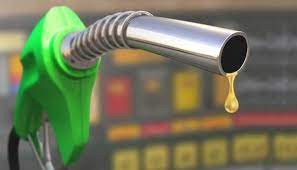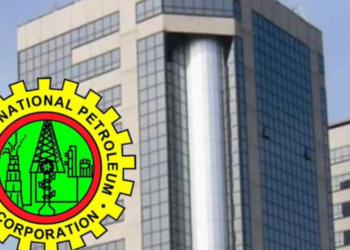The expenditure incurred on subsidizing fuel in Nigeria rose to 525.714 billion naira (about $1.22 billion) in August 2022, summing up the total amount spent this year to 2.568 trillion naira, according to figures submitted to the government by state oil company NNPC.
This cost of subsidies increased due to an increase in the daily supply of petrol to 71.8 million liters in July, up by almost 10 percent, according to a report by Reuters.
Nigeria pays one of the lowest petrol prices in the world. Whereas the cost of keeping the prices of petrol low in the country tolls significantly on public expenditure and weighs on the country’s revenue.
In 2021, Nigeria spent N4.5 billion (about 2 percent of the GDP) subsidizing petrol. This amount expended according to the world bank exceeds the government’s spending on health, education, and social protection.
With oil prices averaging $100 per barrel in 2022, the cost of subsidizing this product in Nigeria has become unsustainable and will continue to strain Nigeria’s revenue. Notably, a significant chunk of the country’s 2022 GDP will go into subsidizing petrol this year. This can have a cascading effect on the economy given the increasing fragility of Nigeria’s fiscal space.
Data contained in OPEC’s Monthly Oil Market Report (MOMR) for September 2022, shows that Nigeria’s crude oil production fell to 972 thousand barrels per day (tb/d) in August 2022, leading to a massive erosion of the country’s revenue. Also, according to Reuters, NNPC has not submitted any money to the federal government this year due largely to subsidy costs. August’s bill compared with 448.782 billion naira in July, according to a document NNPC submitted on Friday to the Federation Account Allocation Committee. This is indicative of a challenging outlook as there is a clamp down on revenue amid rising subsidies cost. The government has to take a countervailing step to remedy the current situation.










